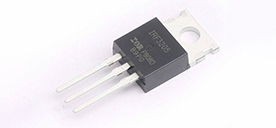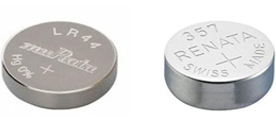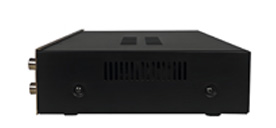Latest News on Type-C Interface
2023/11/23 9:43:40
Views:
EU Sets Unified Standards: Type-C Interface Becomes Mandatory
Recently, the European Union officially passed a landmark law requiring all small electronic devices, such as smartphones, tablets, and digital cameras sold in the EU market, to use the Type-C interface for charging and data transfer from the end of 2024. This policy aims to reduce electronic waste and simplify users' charging equipment, pushing towards a unified interface across global electronic devices.
USB4 v2.0 Standard Released: Type-C Interface Performance Upgraded
The USB Promoter Group recently announced the official release of the USB4 v2.0 specification. The new standard, while maintaining the Type-C shape, increases data transfer speeds to 80Gbps, making it one of the fastest USB standards currently available. This update further solidifies Type-C as a high-performance interface, broadening its applications in data transfer and device power supply.
Apple Adopts Type-C: Bids Farewell to the Lightning Interface
Among the latest moves by hardware manufacturers, Apple announced that its newly launched iPhone 15 series has officially adopted the Type-C interface, marking the end of the Lightning port that had been in use since 2012. This change indicates Apple's alignment with the global standard, which has garnered widespread attention from the market.
Type-C Becomes the New Standard: Mobile and Tablet Manufacturers Respond
It's not just Apple. Major smartphone and tablet manufacturers such as Samsung, Huawei, and Xiaomi have fully embraced the Type-C interface. For instance, Samsung's latest Galaxy S series and Huawei's Mate series products all use the Type-C port as the sole charging and data transfer connector, demonstrating broad support from manufacturers for this standard.
Summary
The EU legislation, the release of the USB4 v2.0 standard, and the proactive responses from leading manufacturers all highlight the recent developments in the standardization and widespread adoption of the Type-C interface in the electronics industry.
Related Information
-
-
Phone
+86 135 3401 3447 -
Whatsapp





